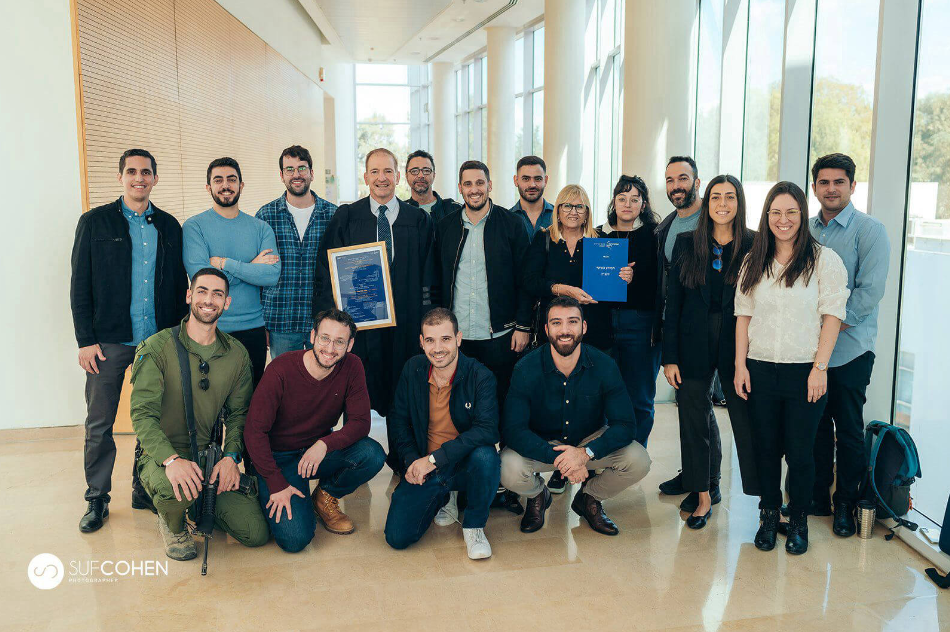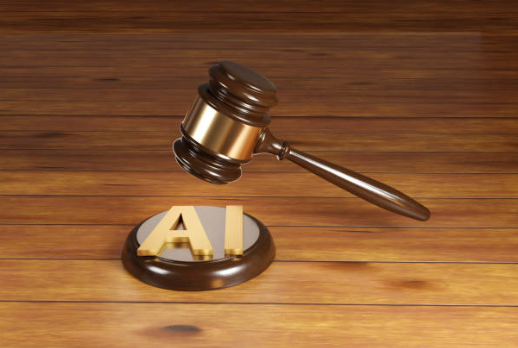The recent major structural change in the Google Corporation attracted much interest around the world. Google, which will provide internet services (including the search engine, YouTube, Google Maps and other applications), was separated from Alphabet and the other subsidiaries of the giant corporation. This structural change reestablishes Google as the world-leading information technology organization (and therefore – the leading data mining organization).
When George Orwell described the Big Brother in his famous book, 1984, he thought of a world where some people would know everything about us. One step beyond that thought would lead to the question – how? Gathering a lot of information about us is one thing, but it is a long way from data collection to knowledge creation. This is what many organizations who hold such information have in mind today. Take all the hospitals in the country, for example. If they connected their accumulated information into one big database, they would be able to conclude a lot about the diseases suffered by people, using simple cross-sections and statistical searches that may provide information about certain diseases, based on recurring behaviors or phenomena.
Accumulated knowledge on a person may help in many aspects, from business optimization, through medical researches, espionage and counter-terrorism, to scientific analyses and breakthrough studies. Of course, one may use this knowledge in marketing, a field that can be relevant to many companies. Such data can reveal people's behavioral patterns, payment habits, interests, income, area of residence, family size and many other details. Based on this information, companies can refer the right offers to different people.
The question is, of course, what exactly is data mining and how can it be done correctly? How can we create such large database in compliance with the law, what information are we allowed to collect and how can we use it?
Data mining is the activation of an algorithm or a software that detects the information stored on existing databases and reaches conclusions by processing and crosschecking the information. The detection of knowledge from databases is done so that companies can examine and analyze a big amount of information, using automatic systems, and track patterns that might be new, useful and significant to those who perform the data mining. As the world of information technology constantly develops and the amount of digital information keeps growing, data mining becomes increasingly important, as it helps turning information into knowledge – and knowledge is power.
Data mining, combined with a database (as large as possible), can establish a more efficient use of the data and bring better results. The results turn more relevant as the databases become larger.
The term "data mining" derives from the geological activity during which one excavates in order to find natural resources. However, the road to these resources and the desired data mining is not simple at all. According to the law, in order to perform data mining through a big database, one needs the approval of those who provide their information. Without such consent, the data processor would have to convince the court it did not compromise the privacy of the people whose information was stored on the database. In addition, the database must be lawfully constructed to track the relevant activity. The right structure, just like in the case of excavation, might lead to a real "treasure".
Companies who perform data mining do not always do it right. We sometimes sense it when an ad is aimed at us and we wonder how come we received such a perfectly tailored offer. This should not surprise us, of course, and some companies today already make efforts to adjust their promotions to target audiences, especially in the technological world. Data mining often ends without us realizing we were a part of it. Hospitals wish see findings, based on real cases, regarding certain diseases and their symptoms, and patients whose information is used for such purpose might not be aware of it. Another question – are we compromised by such actions, of which we are not aware? As always, the truth is somewhere in the middle. On the one hand, we are already exposed to innumerous ads, and it is better if those commercials are relevant to us; on the other hand, where is the limit and what kind of information is collected? It is a two-sided sword: any information that benefits me today, might be used against me tomorrow.
The way to cope with this issue, on the consumer's part, is further awareness. We must notice how much and what kind of information we provide, how others are expected to use our information, and what offers we receive from different sources. On the other hand, companies that perform such data mining must make sure not to cross the line, which can sometimes be very thin. As in any other case, those who take precautions and do things right, should enjoy better results in the future.






